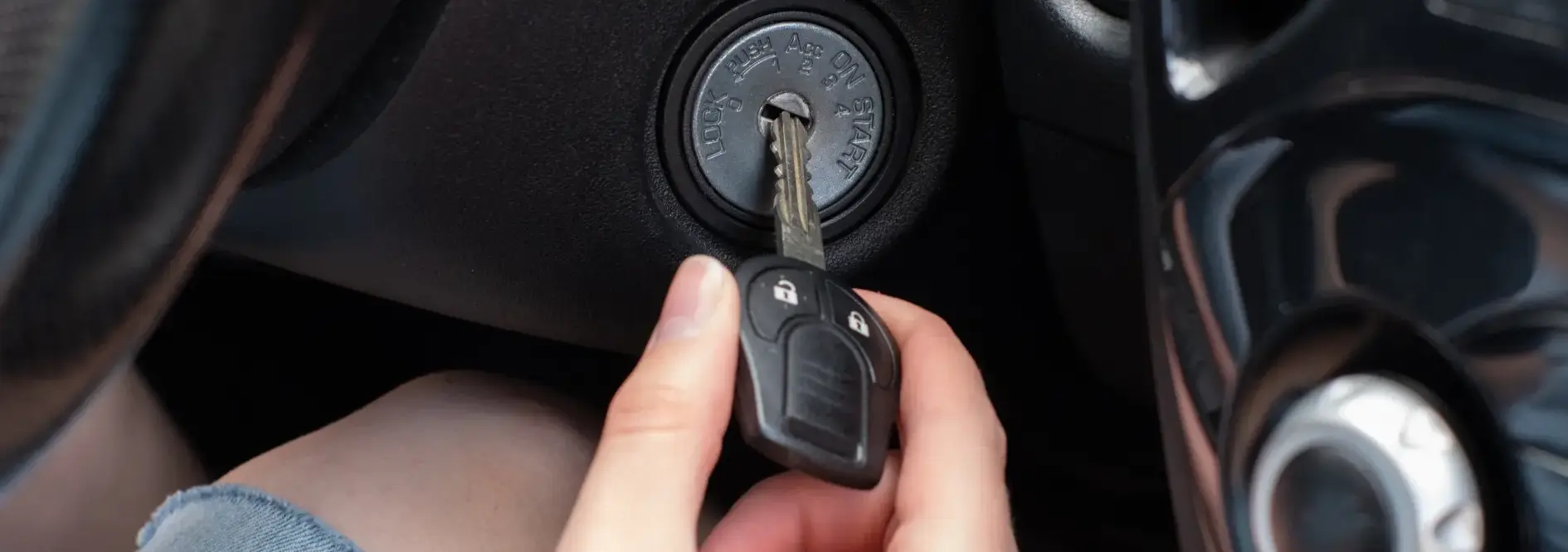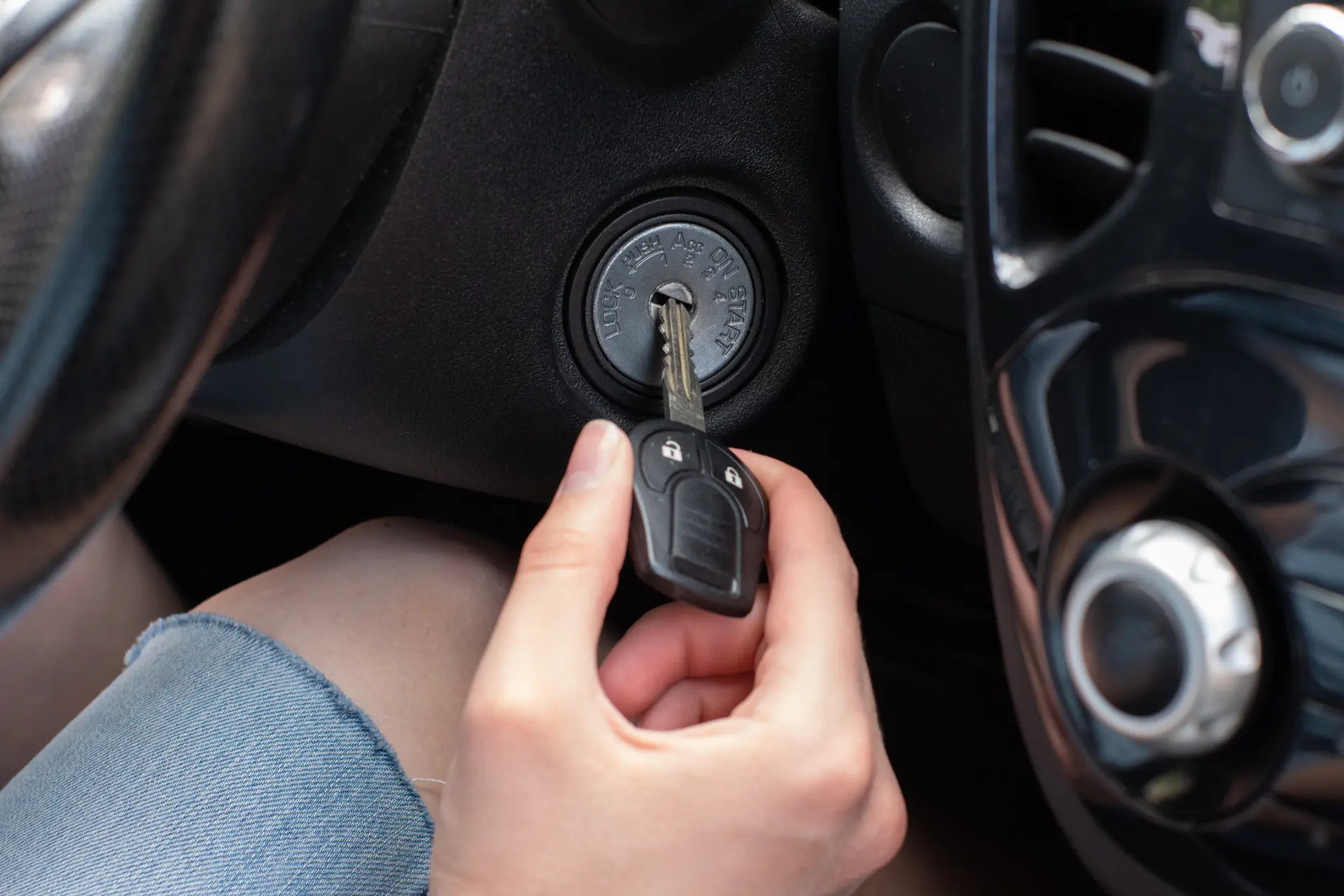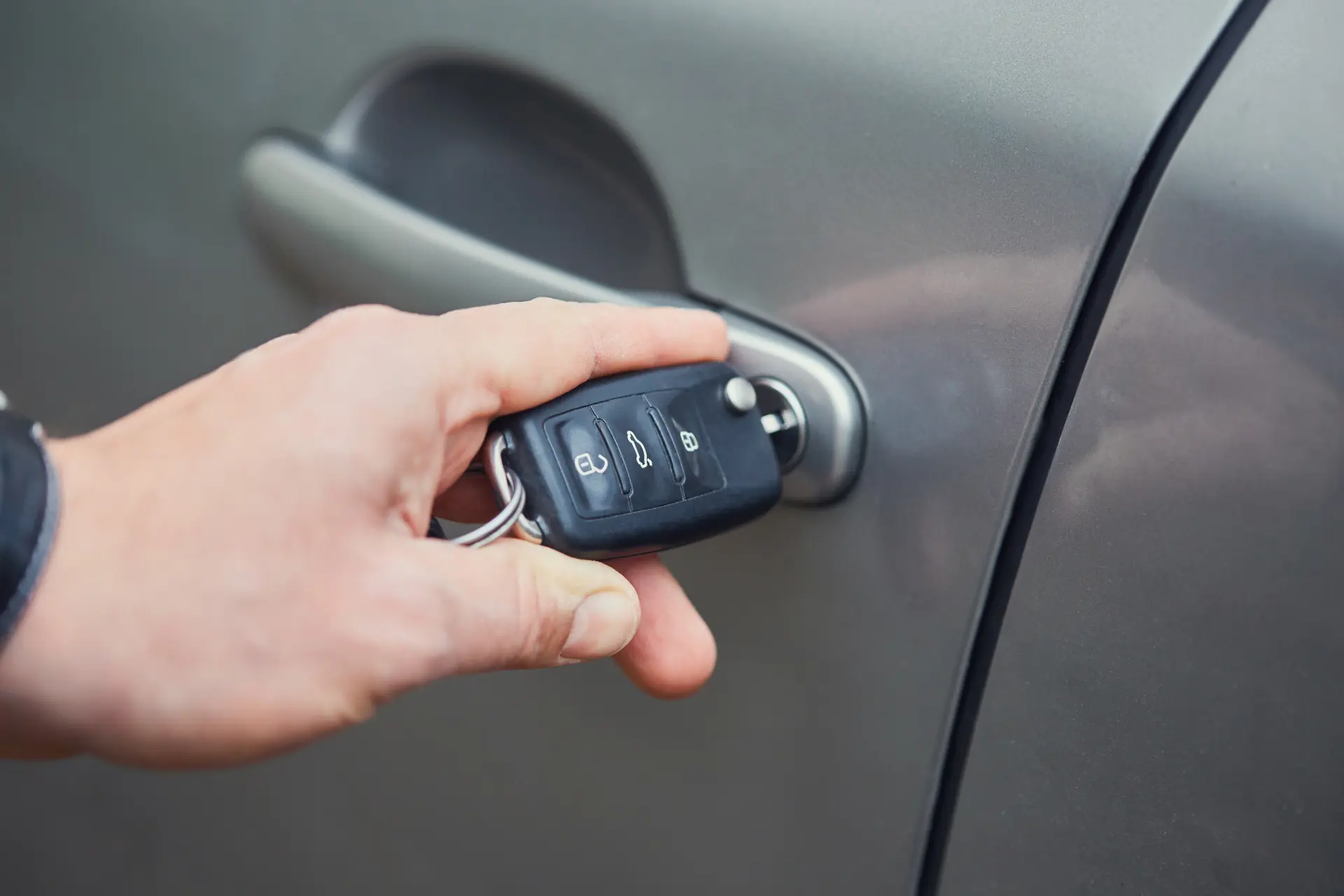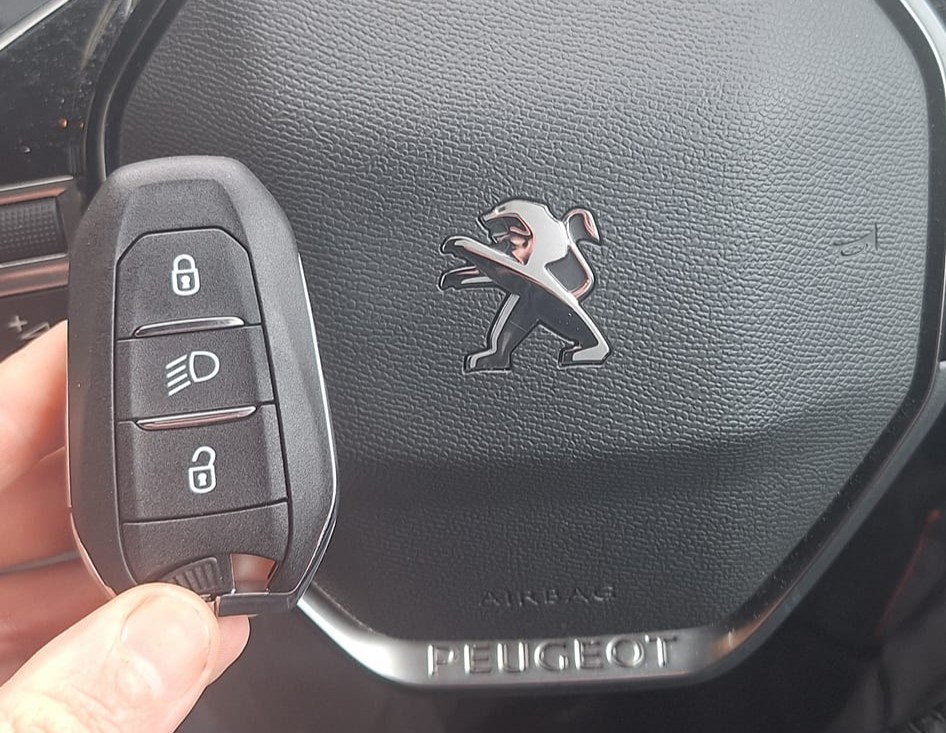Discover common problems with car entry systems and how to fix issues like battery failures, signal interference, and damage. Keep your vehicle secure and accessible.
Battery Issues in Key Fobs
One of the most common problems with car entry systems is a weak or dead battery inside the key fob. These small batteries usually last a few years, but when they begin to run low, the fob may not work properly. Signs of a weak battery include a reduced signal range, needing to press the button several times, or the fob only working intermittently.
If you find that the battery has died completely, the key fob will no longer unlock your car remotely. In many cases, this can also impact push-button start systems, leaving drivers unable to start the vehicle without replacing the battery. Modern cars tend to have their own backup methods, such as a hidden physical key or a special slot to place the fob, but it can still be quite inconvenient.
Replacing the battery is usually a simple and inexpensive task for most. Many fobs tend to open using a small screwdriver, and the battery type will be written inside the case or inside the car’s manual. Keeping a spare battery can help avoid being caught out in an emergency. Frequently checking and replacing your key fob battery will make sure the entry system continues to work smoothly.
Signal Interference and Range Problems
Car key fobs rely on radio frequency signals to communicate with the vehicle. When everything is working correctly, the fob should unlock or lock the doors from a reasonable distance. However, many drivers experience reduced range or even complete failure in certain areas, and this is often linked to signal interference.
One of the most recognised causes is nearby electronic devices. Mobile phones, wireless headphones, Wi-Fi routers and even car alarm systems can create overlapping signals that weaken or block the fob’s communication. Environmental factors also play a role. In large car parks, underground garages or near tall buildings, signals can bounce or scatter, making it harder for the car to pick up the correct command.
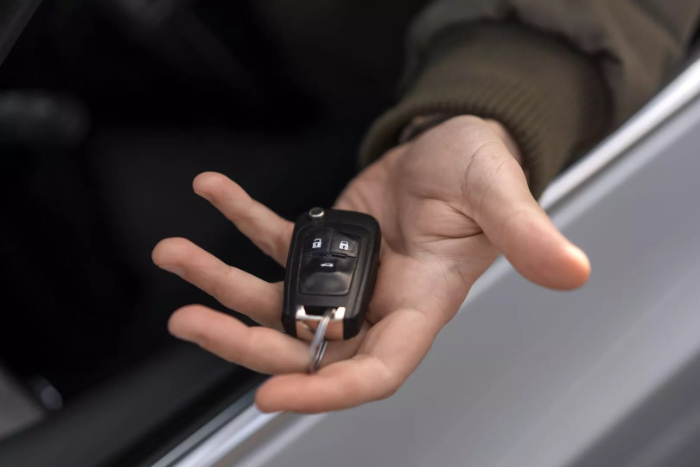
Metal objects can also block signals. For example, if a key fob is stored in a metal box, a crowded bag with other electronics, or even a pocket with loose change, the signal strength can be reduced.
Drivers may notice that the fob works well in one location but poorly in another, which is a clear sign that interference, not a fault, is to blame.
To manage these problems, all drivers should make sure they keep the fob away from other electronic items when using it and try pressing the button from different positions or angles.
If the range remains weak, replacing the fob battery can sometimes help, as a stronger power supply allows the fob to transmit more effectively. In more persistent cases, checking for local sources of interference or consulting the car’s manual for system reset instructions can provide further solutions.
Worn or Damaged Keys
With plenty of use, both traditional car keys and key fobs can suffer from wear and damage over time. The grooves on your physical key may gradually become worn, making it much harder to turn in the lock, while fob buttons can loosen, stick, or stop responding.
Dropping a fob may also crack the casing, exposing the electronics to dirt or moisture, which can cause further faults.
Damaged keys or fobs can leave you locked out of your car or unable to start it altogether. When checking for visible wear, you want to stay away from heavy keychains and keep all fobs as dry as possible to help prevent problems in the future. If issues do occur, replacing a worn key or repairing a cracked fob is usually simple, although some vehicles may require reprogramming a new fob to match the entry system.
Software and Programming Errors
Modern car entry systems rely on complex software to recognise signals from the key fob. If there is a problem with this programming, the car may fail to respond even when the fob is working correctly. These errors can occur after battery changes, electrical faults, or when the system loses synchronisation with the fob.
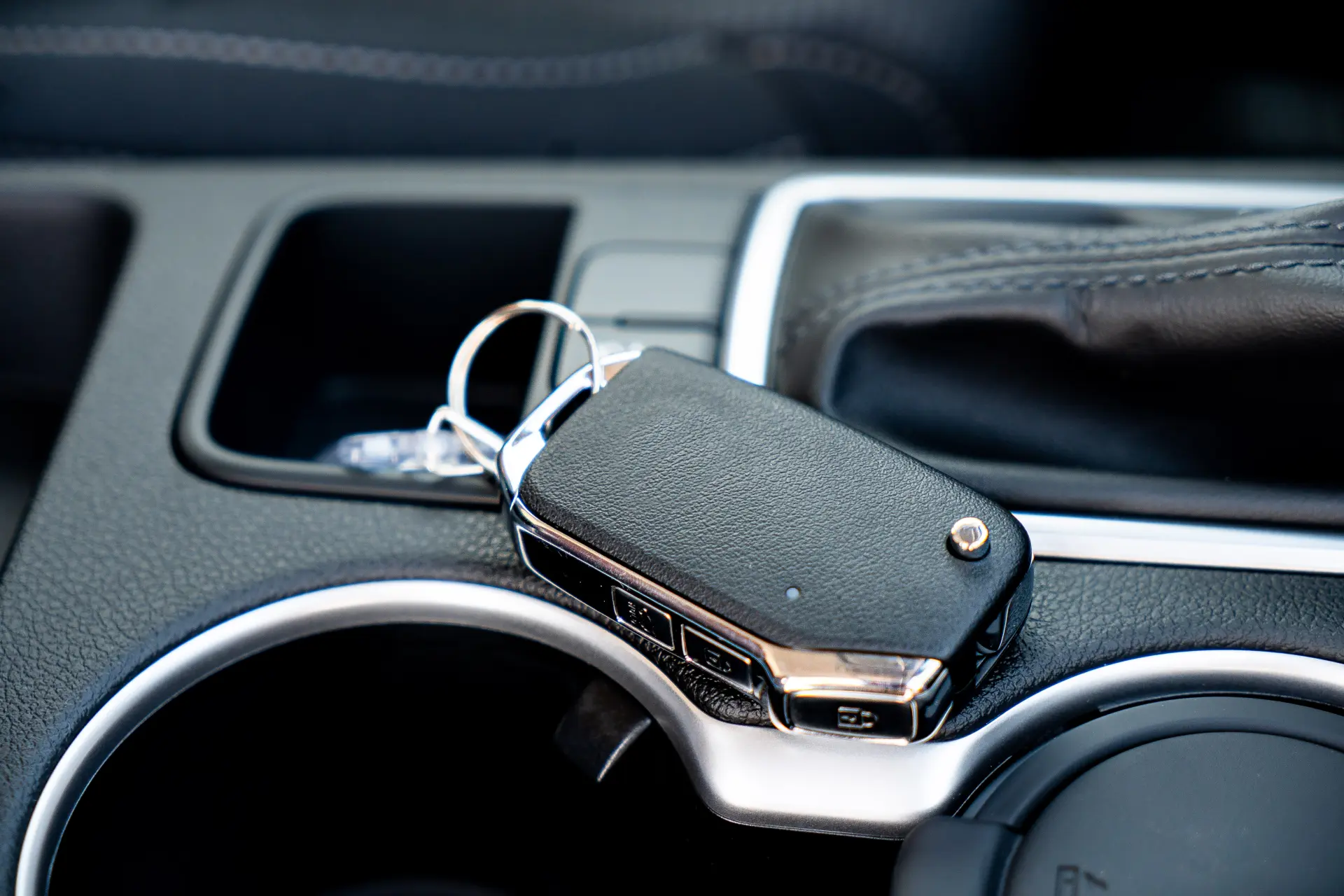
Common signs include the fob unlocking some functions but not others, or the car failing to detect the fob when trying to start the engine. In rare cases, a system update or glitch in the vehicle’s electronics can also cause these issues.
To fix the problem, the key fob often needs to be reprogrammed. Lots of modern cars allow the driver to reset or resync the fob using the manual instructions, while others will require you to visit a dealer or a qualified local locksmith.
Carrying out frequent checks of the fob after battery replacement and keeping the car’s software updated can help prevent these errors.
Weather-Related Malfunctions
Extreme weather can affect how car entry systems work. In cold conditions, low temperatures may reduce the performance of the key fob battery, causing a weaker signal or shorter range. Moisture from rain, snow, or humidity can also seep into a damaged fob casing, leading to corrosion or short circuits in the electronics.
Hot weather can cause many problems, too. High temperatures may damage the battery inside the fob or cause the plastic casing to warp. If a fob is left in direct sunlight, the internal components can overheat, reducing their lifespan and reliability.
Drivers may also find that door locks freeze in icy conditions, making it difficult to insert or turn a key. Using de-icer spray or a lock cover can help in these situations.
To eliminate the risk of weather-related faults, it is best to keep your key fobs dry, avoid leaving them in direct heat, and store them in protective cases when possible.
At Vehicle Keys And Electrical, we specialise in car key replacement and emergency auto locksmith services across Lancaster and Lancashire. Whether you've lost your keys, need a spare, or can't access your vehicle, our experienced team is here to help quickly and professionally.

